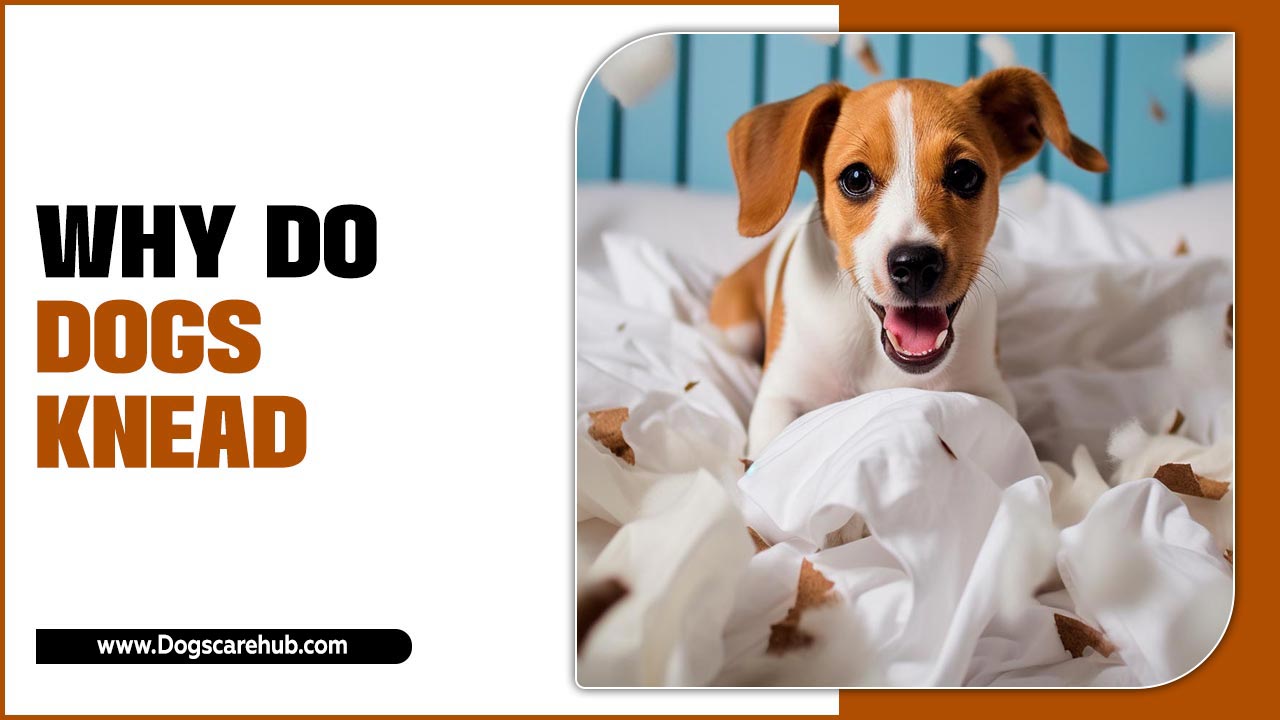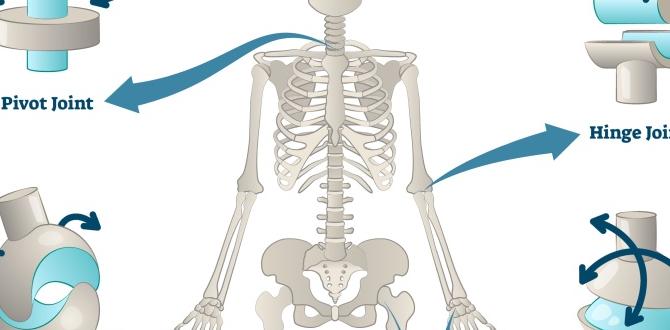Best Dog Food for Poodles: Stunning Nutrition for Your Intelligent Companion
When it comes to selecting the best dog food for poodles, you’re embarking on a journey to nourish one of the most intelligent, elegant, and active breeds out there. Poodles, renowned for their hypoallergenic coats and sharp minds, have specific dietary needs that can impact everything from their coat health to their energy levels and overall lifespan. Choosing the right food isn’t just about filling their bowl; it’s about providing the precise blend of nutrients that supports their unique physiology and keeps them thriving for years to come.
Understanding the Poodle’s Dietary Needs
Poodles, regardless of their size (Toy, Miniature, or Standard), are generally active dogs. Their intelligence means they need mental stimulation, and their physical capabilities often translate to a need for sustained energy. Their distinctive single-layered coat, while shedding-resistant, also requires specific nutrients to maintain its health and shine. High-quality protein is essential for muscle development and repair, while healthy fats contribute to skin and coat health and provide energy. Carbohydrates offer readily available energy, and fiber aids in digestion. Crucially, vitamins and minerals play a vital role in countless bodily functions, from immune support to bone health.
Key Nutritional Components for Poodle Health
When evaluating dog food options, keep an eye out for these essential ingredients:
High-Quality Protein Sources: Look for named protein sources like chicken, lamb, fish, or beef as the first ingredient. This ensures the protein is easily digestible and provides the amino acids necessary for lean muscle mass. For poodles, especially those with sensitive stomachs, novel proteins like duck or venison can be excellent choices.
Omega-3 and Omega-6 Fatty Acids: These are critical for maintaining a healthy coat and skin. Sources like fish oil, flaxseed, and sunflower oil provide these “good fats.” For poodles, who can be prone to skin irritations, a diet rich in omega fatty acids can significantly reduce dryness, itching, and promote a lustrous coat.
Digestible Carbohydrates: Sweet potatoes, brown rice, and oats are excellent sources of complex carbohydrates that provide sustained energy. Avoiding excessive fillers like corn, wheat, and soy can be beneficial for poodles, particularly those with potential sensitivities.
Antioxidants and Vitamins: A blend of vitamins (A, C, E, D, B vitamins) and minerals (calcium, phosphorus, zinc, selenium) supports a strong immune system, healthy eyesight, bone development, and overall cellular health. Antioxidants help combat free radicals, which can contribute to aging and disease.
* Glucosamine and Chondroitin: For larger breeds like Standard Poodles, and even for Miniature and Toy Poodles as they age, ingredients supporting joint health can be invaluable. Glucosamine and chondroitin help maintain cartilage integrity and can alleviate discomfort.
The Best Dog Food for Poodles: Evaluating Your Options
With a plethora of dog food brands and formulas on the market, pinpointing the absolute best dog food for poodles can seem daunting. However, focusing on the quality of ingredients and your individual dog’s needs will guide you toward the right choice.
Dry Kibble Considerations:
Many owners opt for dry kibble due to its convenience and dental benefits (helping to reduce tartar buildup). When choosing kibble for your poodle, prioritize formulas that are rich in protein, include healthy fats, and have digestible carbohydrates. Look for brands that specifically cater to small, medium, or large breeds, as these often have kibble sizes and nutrient profiles tailored to those categories. Some premium kibble brands offer formulas with added joint support, omega fatty acids, and probiotics for digestive health, which are all excellent additions for poodle nutrition.
Wet Food Advantages:
Wet or canned food can be an excellent option, especially for picky eaters or dogs who need to increase their water intake. It’s often more palatable and can be a good source of hydration. However, it can be more expensive and may not offer the same dental cleaning benefits as kibble. If you choose wet food, ensure it’s still made with high-quality protein and essential nutrients. Combining wet and dry food can also be a compromise, offering palatability while still providing some dental benefits.
Grain-Free vs. Grain-Inclusive:
The debate around grain-free diets continues. While some poodles may have sensitivities to grains, many thrive on grain-inclusive diets. Grains like brown rice and oats can be excellent sources of fiber and energy. If you suspect your poodle has a grain sensitivity, a veterinarian can help you diagnose it, and a grain-free option might be considered. However, it’s essential to ensure that any grain-free diet is not solely reliant on high levels of legumes like peas and potatoes, as there have been some linked concerns around heart health in dogs consuming such diets. Always consult your veterinarian before making significant changes to your dog’s diet.
Breed-Specific Formulas:
Some brands offer “Poodle-specific” formulas. While these can be a good starting point, it’s crucial to look beyond the label and examine the ingredient list. A truly high-quality, breed-appropriate food will focus on excellent nutrition rather than just marketing.
Important Considerations for Feeding Your Poodle
Age and Activity Level: A puppy’s dietary needs differ significantly from those of an adult or senior poodle. Puppies require more calories and specific nutrients for growth, while seniors may benefit from foods with lower calorie density and added joint support. Similarly, a highly active working poodle will need more calories and potentially a higher fat content than a less active companion poodle.
Sensitivities and Allergies: Poodles can be prone to certain allergies and sensitivities. Symptoms can include itchy skin, digestive upset, ear infections, or chronic paw licking. If you notice any of these signs, consult your veterinarian. They may recommend an elimination diet or hypoallergenic food to identify and manage the issue.
Portion Control and Feeding Schedule: Overfeeding can lead to obesity, which is detrimental to a poodle’s health. Follow the feeding guidelines on the food packaging, but adjust them based on your dog’s individual metabolism and activity level. Establish a regular feeding schedule to aid digestion and manage weight.
Hydration is Key: Always ensure your poodle has access to fresh, clean water. While food also contributes to hydration, a consistent supply of water is paramount for all bodily functions.
Consult Your Veterinarian: Ultimately, the best dog food for poodles is one that supports their individual health and well-being. Your veterinarian is your most valuable resource. They can assess your poodle’s specific needs, recommend appropriate food types, and help you navigate the complexities of canine nutrition. By working together, you can ensure your intelligent, charming poodle receives the stunning nutrition they deserve for a happy and healthy life.
Meet Elyse Colburn, the devoted canine companion and storyteller behind the enchanting world of “Tales, Tails, and Adventures Unleashed.” A passionate dog enthusiast with a heart full of paw prints, Elyse Colburn shares heartwarming tales and insightful adventures, celebrating the joy, loyalty, and endless antics that make every dog a true hero. Join Elyse Colburn on this tail-wagging journey, where every post is a love letter to our four-legged friends.






